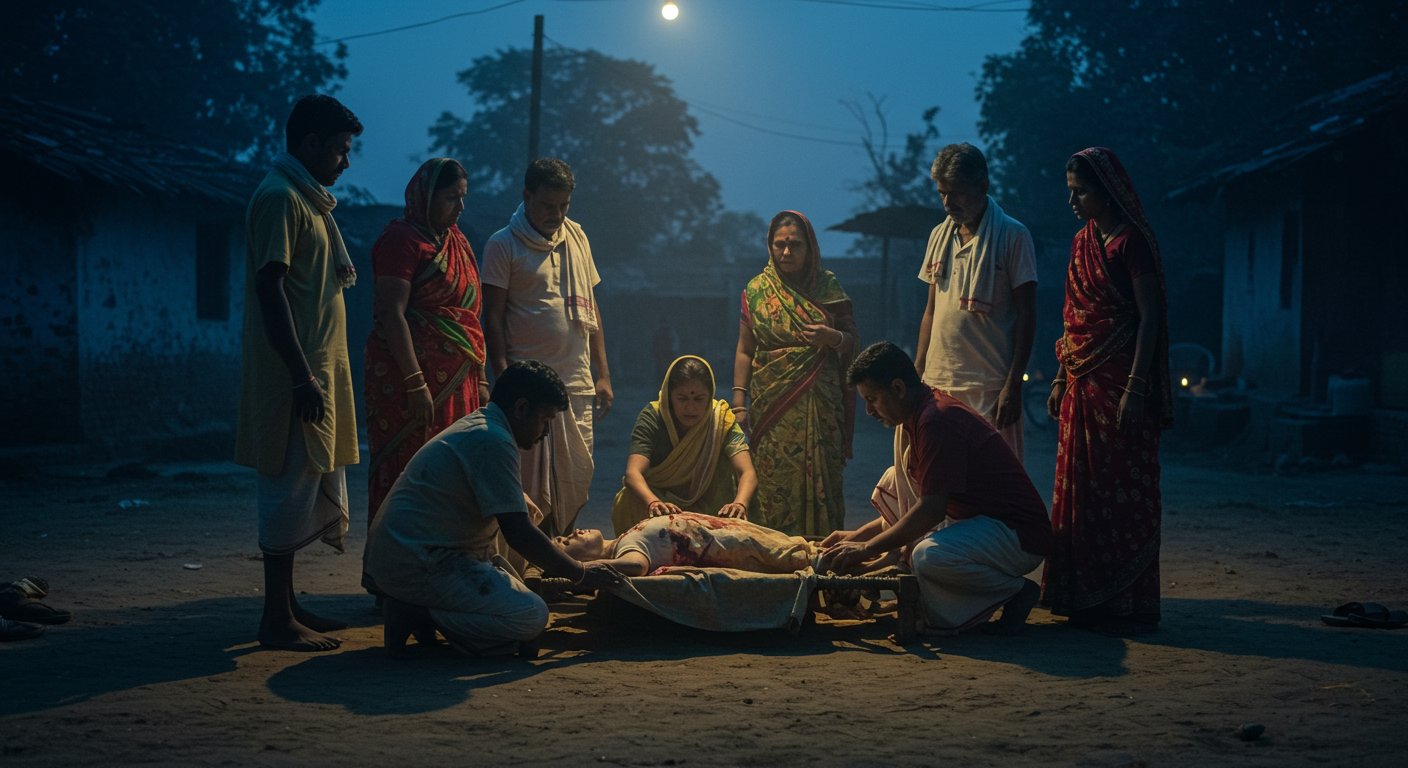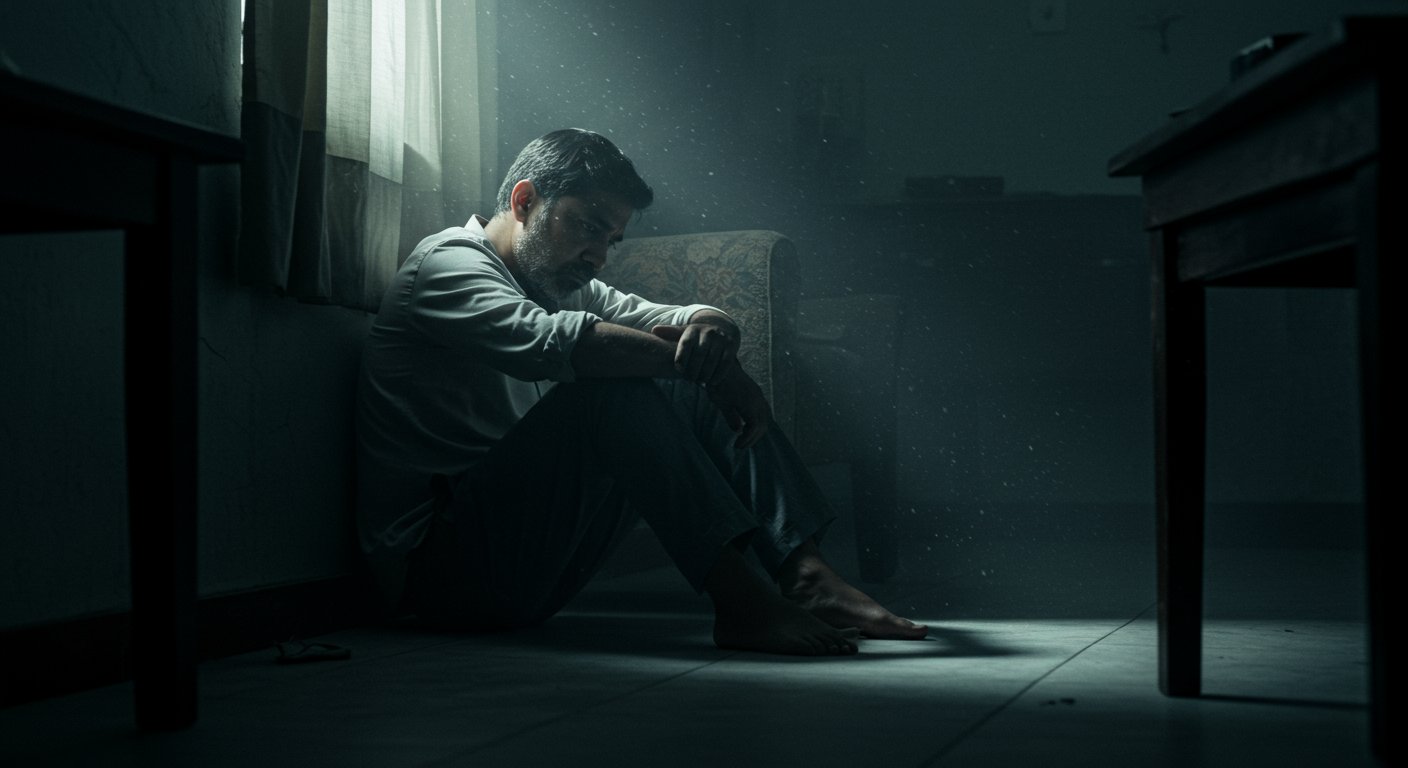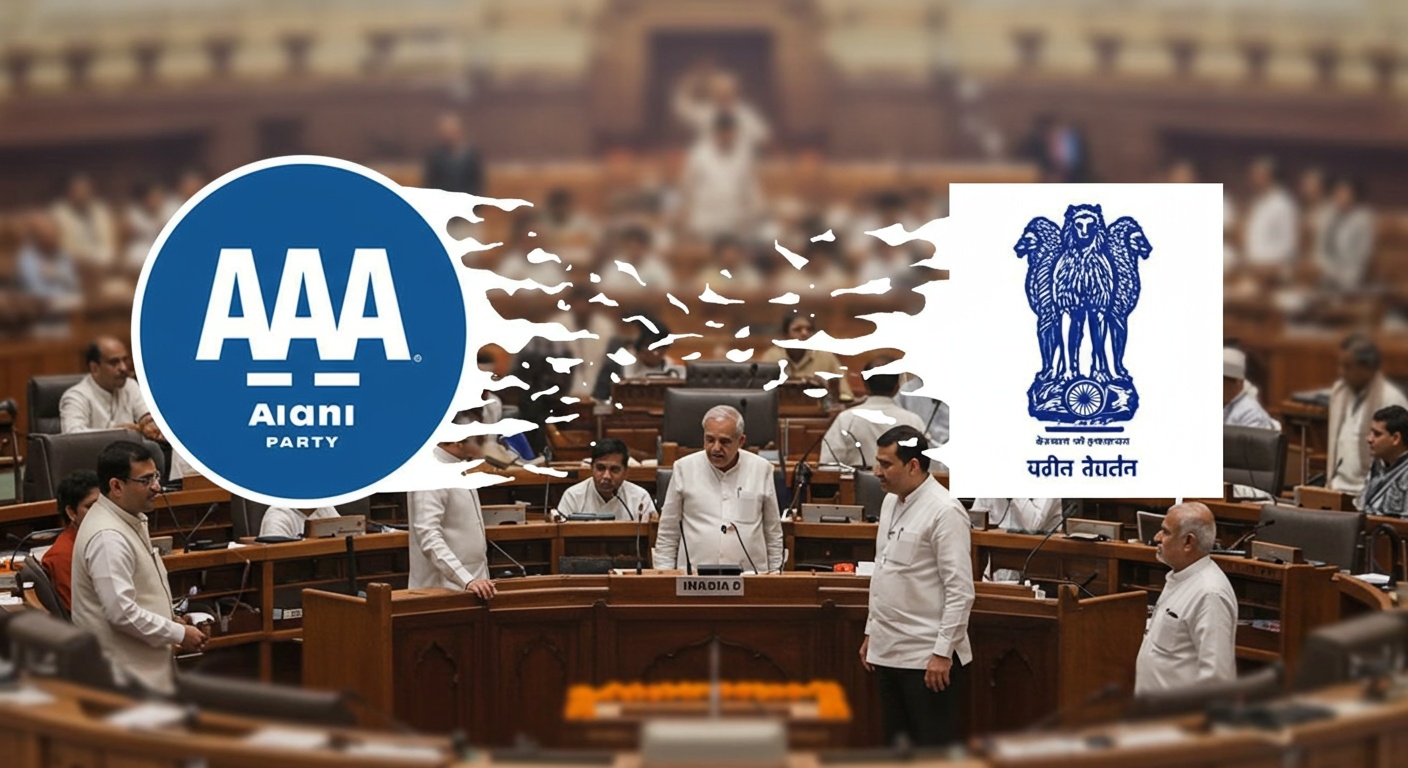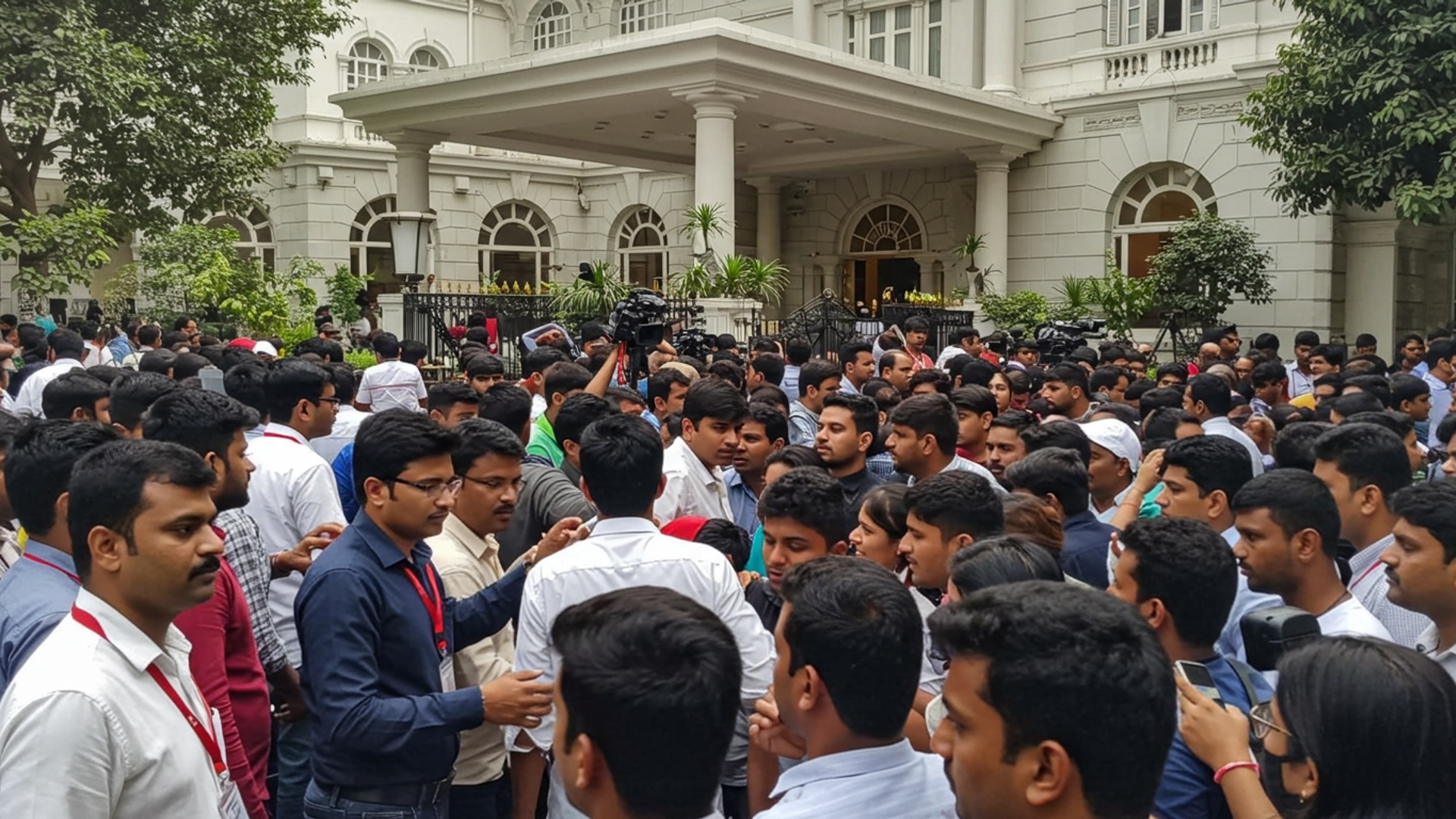Uttarakhand Tightens Anti-Conversion Law, Approves Agniveer Quota
The Uttarakhand cabinet today makes its anti-conversion law much stronger, making forced religious conversions a more serious crime with tougher punishments. This crucial decision, announced from Dehradun, also approves a special job quota for Agniveer soldiers, a move set to help many young people. These big changes come as public discussion continues about stopping unlawful conversions and helping soldiers after their service. The new law now includes rules for up to 10 years in jail and higher fines for breaking it, aiming to stop what officials see as a growing issue. Meanwhile, the Agniveer quota addresses worries about jobs for soldiers after their time in the army.
Stronger Law Against Forced Conversion Approved
The Uttarakhand state government has given its approval to significant changes in its law aimed at preventing forced religious conversions. On Wednesday, August 13, the state cabinet, led by Chief Minister Pushkar Singh Dhami, cleared the Uttarakhand Freedom of Religion (Amendment) Bill, 2025. This decision marks a move to make the existing anti-conversion law much tougher. The main goal of this amended bill is to fight against unlawful religious conversions that happen through trickery, gifts, or pressure. It also aims to protect the religious rights of people and keep social harmony strong. Officials have also stated that these changes are meant to address concerns about changes in the population makeup of the state and to protect Uttarakhand’s identity as “Devbhoomi,” which means “land of gods.” The government believes that changes in population in a border state like Uttarakhand could also be a risk to the country’s safety.
Tougher Penalties and Broader Definitions
The newly approved amendments introduce much stricter punishments for those found guilty of forced conversions. Under the existing law, the maximum jail time for such an offense was ten years, with a top fine of Rs 50,000. The new bill proposes significantly higher penalties. For general offenses, the punishment can range from three to ten years in prison. In cases involving vulnerable groups like minors, women, people from Scheduled Castes or Scheduled Tribes, or those with disabilities or mental health challenges, the jail term could be between five and fourteen years. In the most serious cases, the punishment could be twenty years to life in prison, along with heavy fines. The bill also suggests a maximum fine of up to Rs 10 lakh for forced conversions. The law also now has a wider meaning for “inducement.” This term now includes a range of benefits such as giving gifts, cash, goods, offering jobs, free schooling, promises of marriage, actions that hurt someone’s religious beliefs, or praising another religion. All these actions will now be treated as criminal offenses under the law. Another key change is that the new bill makes it a crime to promote or encourage conversions through digital means. This includes using social media, messaging apps, or other online tools. Moreover, the law will address marriages that are entered into by hiding one’s religion or using a false identity. Concealing one’s religion for the purpose of marriage is now considered a crime, carrying a possible jail term of three to ten years and a fine of Rs 3 lakh. For cases defined as “mass conversion,” where two or more people are converted, the new law proposes imprisonment of not less than seven years and up to fourteen years, along with a fine of at least Rs 1 lakh.
Victim Support and Law Enforcement Powers
The amended law also includes provisions for the protection and support of victims of illegal conversions. Victims will be entitled to protection, rehabilitation. financial help for medical care, travel. daily living costs. In addition to the fines imposed on those found guilty, the bill states that a victim of an unlawful conversion may receive up to Rs 5 lakh from the accused as compensation. A significant change in the law is that offenses related to fraudulent or forced conversion will now be considered “cognizable” and “non-bailable.” This means that the police can arrest a person without needing a warrant. bail can only be given by a court. The new rules also state that the responsibility to prove that a conversion was not done through false data, force, undue influence, pressure, or trickery lies with the person doing the converting and the person being converted. Also, any person who intends to change their religion must provide a declaration to the District Magistrate within 60 days of doing so. The new law is also set to include strict rules similar to those found in the Gangster Act. The government plans to introduce this legislation during the upcoming monsoon session of the state assembly, which is scheduled to begin on August 19. This is the second time the Uttarakhand Freedom of Religion Act, which first came into force in 2018, has been amended. The first amendment was made in 2022.
Job Quota for Agniveers Approved
In another vital decision, the Uttarakhand Cabinet also approved a plan to provide job reservations for former Agniveers. On Wednesday, August 13, the cabinet gave its approval for a 10 percent horizontal reservation for Agniveers in direct recruitment for government jobs after they finish their service in the army. This reservation will apply to uniformed posts in Group ‘C’ services under the state government. This includes positions in the police, fire services. various other uniformed roles across different state departments. Some specific roles mentioned include police constables, sub-inspectors, platoon commanders, firemen, fire fighters. prison guards, as well as similar jobs in excise, enforcement. forest departments. secretariat security.
Support for Military Personnel
The decision to provide this job quota for Agniveers comes with additional benefits aimed at helping them transition into civilian roles. Former Agniveers will be excused from the physical efficiency test during direct recruitment. They will also be given relaxation in the maximum age limit, equal to the total time they served in the Indian Army. This initiative is part of the state government’s efforts to support military personnel and their families. Uttarakhand is known for having a high number of its youth joining the Indian Army. The government aims to make sure that the skills and discipline gained by Agniveers during their four years of military service are used in various government departments. This move is also intended to provide job security for these young people once they complete their service under the Agnipath scheme. The first group of Agniveers is expected to finish their four-year service and return from the army in 2026. ![]()

















